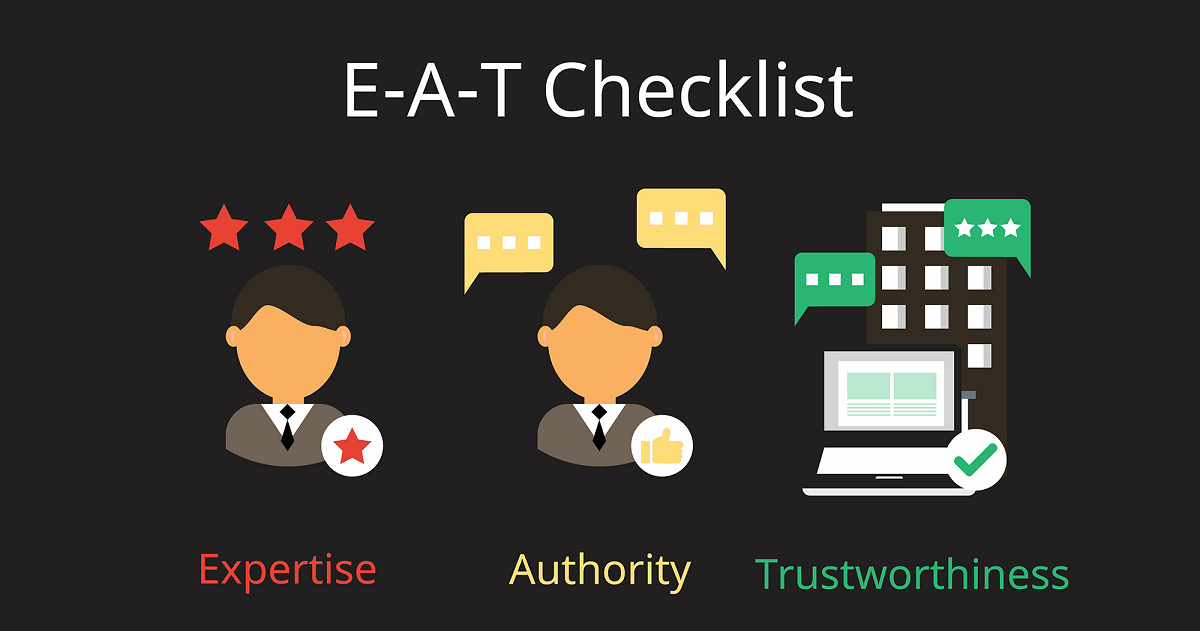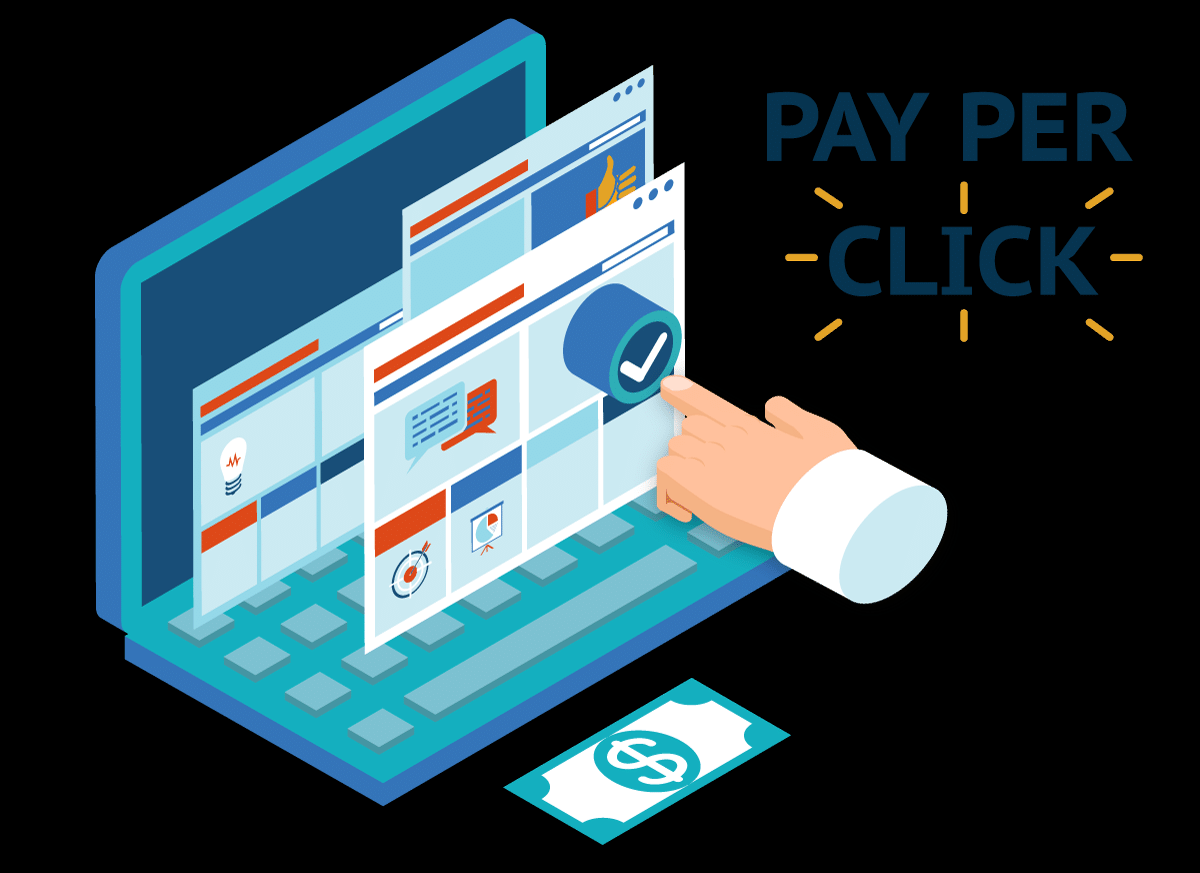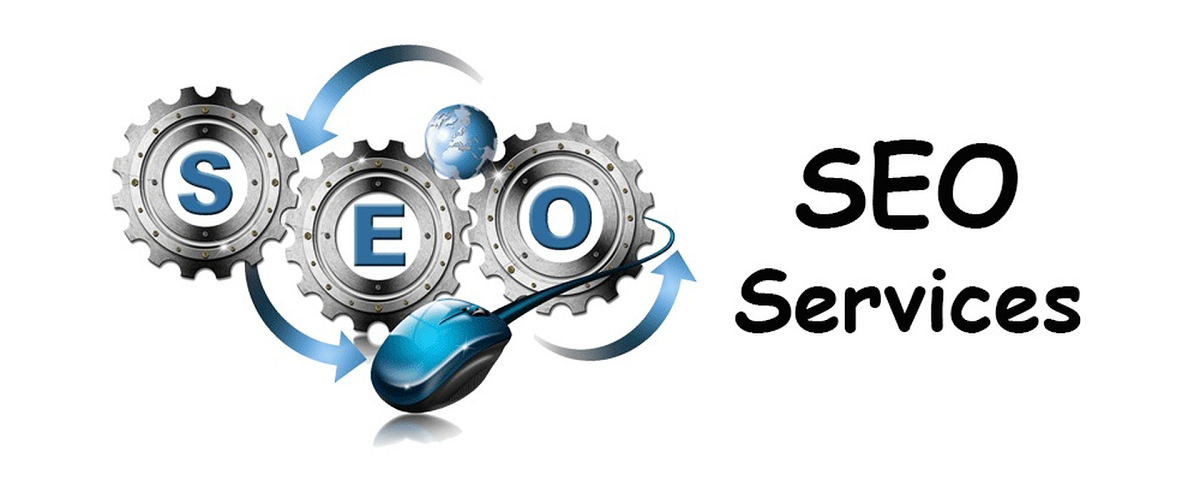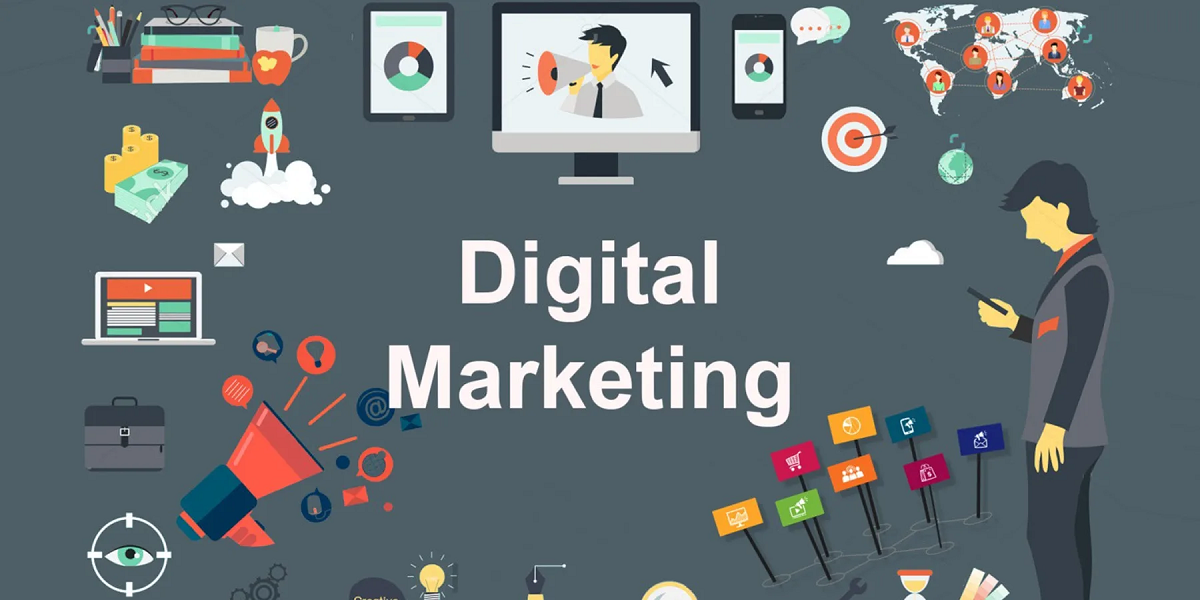BLOG
Many people believe that marketing automation is all about technology. The truth is, automation is only one piece of the puzzle. While it does have a place, the human touch is crucial in maximizing ROI. Marketing automation is not about a cookie-cutter system and should have a human touch to it. Open platforms and chatbots are powerful tools for marketing automation. In this article, we'll discuss why marketing automation is the future of business and what to expect from these technologies.
Customer prediction is driving business decisions
The future of data analytics is customer prediction. By combining survey data with customer data from other sources, predictive analytics can better predict what customers will buy and how they will respond. By predicting the behavior of customers, organizations can anticipate challenges and offer them solutions before they become a problem. Amazon, for example, pioneered the use of predictive analytics to determine which products and services customers are most likely to buy. Every organization can tap into customer prediction and take action to address their needs before they become a customer loss.
Big data and predictive analytics provide valuable information to businesses looking to drive customer retention and revenue. When merged with operational insights, predictive analytics can identify trends and patterns that help them predict customer behavior. Predictive models can help organizations optimize customer lifetime value, prioritize business decisions, and improve the overall experience for customers. Brands can better understand customers and formulate their CX strategy based on their goals and customer needs. With this information, a brand can make informed decisions based on the behavior of each customer.
Marketing automation is a human touch
There's an old saying that "people buy from people". The same is true when it comes to sales and marketing automation. In the age of computers, many companies have forgotten that they're selling products to people. CRM, or customer relationship management software, automates the process of making a sales follow-up. Using marketing automation in a CRM system will help you craft highly personalized messages while maintaining a human touch.
Marketing automation software automates tasks that are usually done by humans, so it's vital to maintain the human touch to maximize ROI. Automation allows you to target customers based on their behavior, as opposed to their interests. For example, automated emails can be personalized and highlight relevant content. Marketing automation software also helps you manage leads and prioritize tasks. It also empowers front-line employees by storing behavioral data. This data helps them provide more relevant help to customers.
Chatbots are a great tool for marketing automation
When used in conjunction with a CRM, chatbots can provide an excellent customer service experience. They can also track the number of interactions with leads and customers and can be configured to greet visitors by name and personalize the conversation based on their browsing history. For more information about how chatbots can enhance your marketing automation with CRM, read the rest of this article. Here are 3 reasons why chatbots are an excellent tool for marketing automation.
In addition to generating leads, chatbots can serve as subscription tools. For example, businesses can use chatbots to send out content updates and ask customers to leave feedback. Some platforms even include native payment processing. However, this may not always be possible, as the rules of interaction between chatbots and CRMs can vary. If you have any doubts about the benefits of chatbots, check out Josh Fechter's case study.
Open platforms
If you're looking for a platform that can help you automate your entire customer lifecycle, open platforms for marketing automation with CRM are the best choice. The open-source nature of these platforms makes them future-proof, cost-effective, and easy to integrate and adapt as your business grows. Campaign Studio, for example, is the world's first open source marketing automation platform, allowing you to automate your entire customer lifecycle across all digital properties and channels.
Although most marketing automation platforms are designed to integrate with various CRMs, not all of them can integrate with each other. This can be a problem, since many marketing functions require different platforms, which don't integrate well. That's why Sacha Gauthier recommends platforms that offer both native integrations and third-party connectors to make your campaigns work together seamlessly. Open platforms for marketing automation with CRM should also have integrations with popular CRMs, like SugarCRM and Zendesk Sell. This integration is important because it will lead to deeper insights into your customers' behaviors and needs, and boost your business growth.
Predictive analytics
Marketing automation gives you the tools to take action, but predictive analytics provides guidance and decision support. As VP of marketing at EverString put it, predictive analytics is the "System of Insight" that powers your sales and marketing programs. It helps you anticipate what customers will need and buy next. To understand how predictive analytics can help your business, read on to learn more about how it can benefit your business. Here are three ways it can help you.
A predictive approach to customer engagement requires sophisticated measurement capabilities. To implement predictive analytics, marketers must collect vast amounts of historical data. To do this, they must track consumer engagement and synchronize the data. This is made possible by unified marketing measurement, or UMM. This type of system collects data from marketing and sales channels to predict future behavior. It can also use predictive analytics to create personalized marketing content. It is also possible to use predictive analytics in web messaging and email marketing.The body content of your post goes here. To edit this text, click on it and delete this default text and start typing your own or paste your own from a different source.











